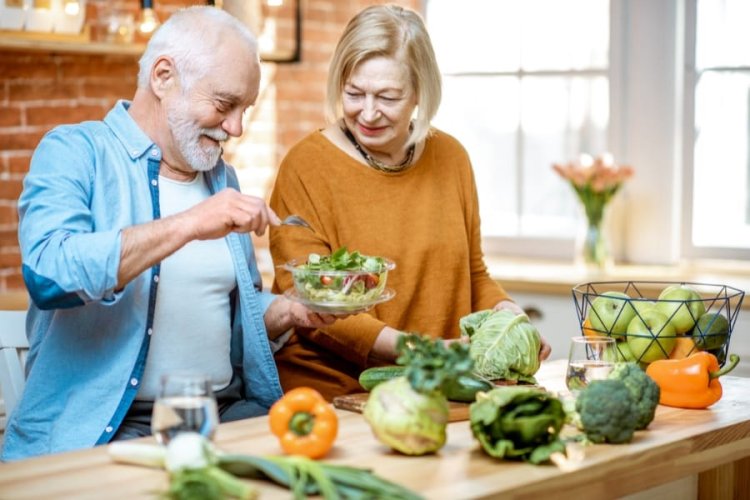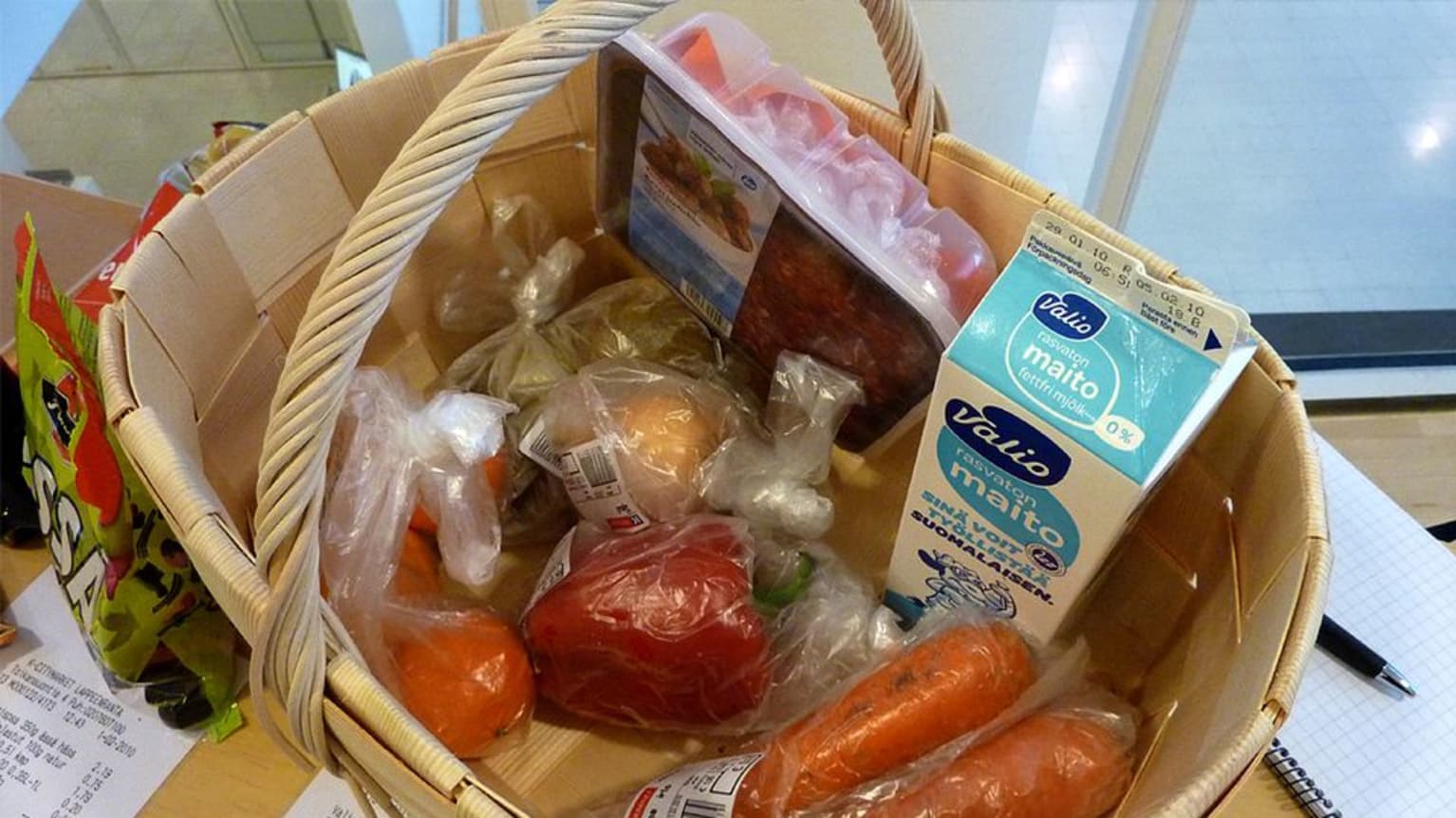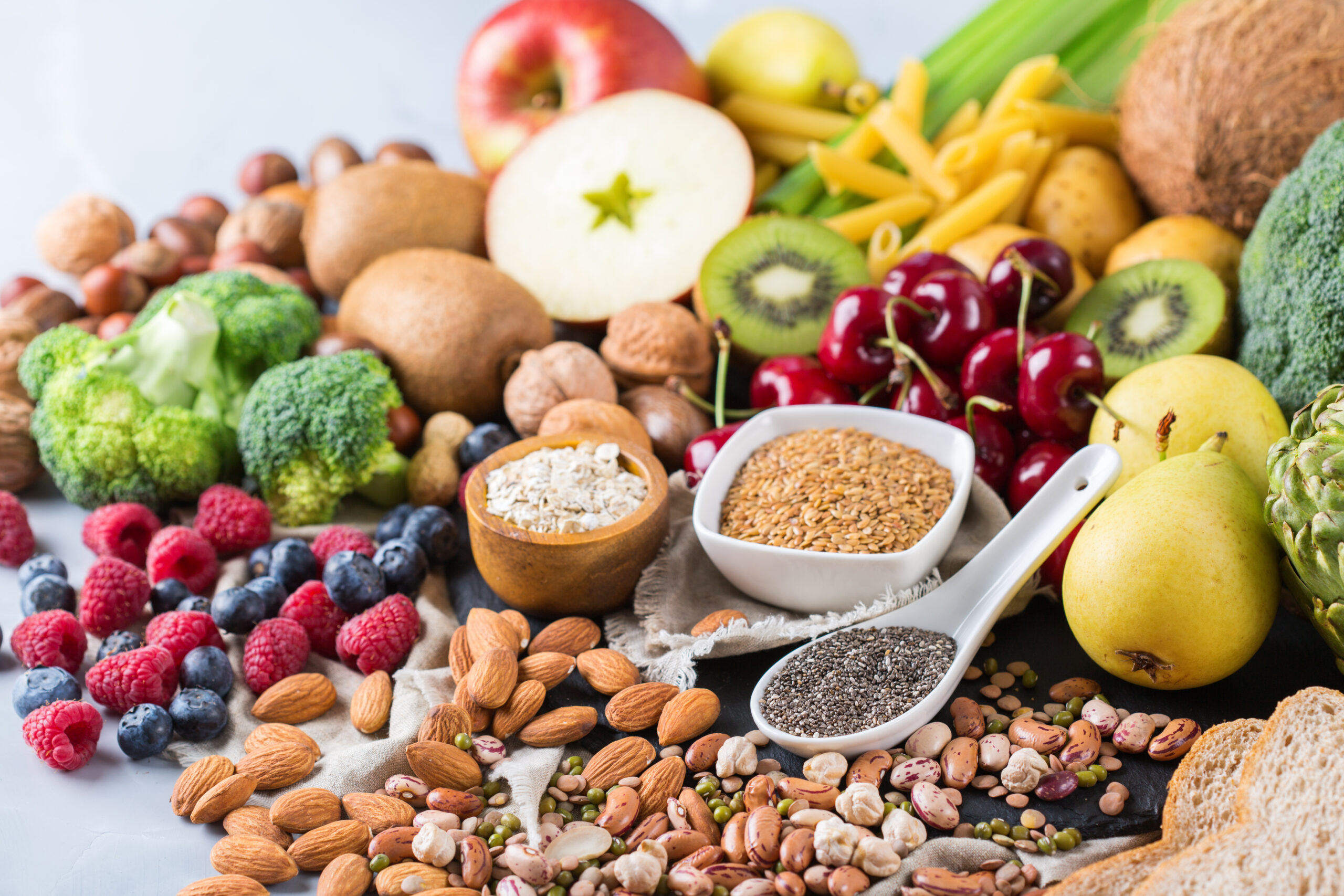The Secret to Healthy Eating for Older Adults: Keeping Your Body Healthy and Mindful as You Age.
Being elderly can be a great advantage, but it comes with its own challenges, particularly in terms of eating. When taste buds become dull, appetites change, and health issues worsen over time, eating well can feel like a mountain to climb. Why? Maintaining energy, mood and independence can be achieved through proper nutrition, which is even more crucial in later life as preventative measures.

It's not just about kale salads and vitamin charts. The idea is to rekindle the pleasure of eating and provide your body with the necessary nutrients to survive in your 60s, 70s or 80s and beyond.
Why Appetite Changes With Age.
A lot of older individuals report that their eating habits have undergone a change. There are a few reasons:
With age, your metabolism naturally decreases and you need less calories. You may have less calorie requirements, but you still need an abundance of nutrients.
Tasteless: Smell and taste become less enjoyable over time, making food feel uninteresting..
Physiological changes: Even small meals can cause you to feel full at a faster pace.
The joy of eating can be eroded by social and emotional changes that may result from loneliness, depression, or a loss of independence.
Chronic conditions, such as diabetes, heart disease or Parkinson's syndrome, can frequently affect the body' s physiology and energy requirements. Numerous pharmaceuticals may result in vomiting, taste changes, or adverse effects. What are they?
Issues with dental or food consumption: When teeth, gums, or dentures are insufficient, chewing becomes challenging.
These factors may cause a decrease in food consumption, leading to sudden weight loss, fatigue, or malnutrition. The good news? A few shrewd techniques can make eating healthy more manageable and enjoyable.
Tips for a Happy Life With Smart Eats in Later Life.
1.Focus on Food Quality.

Consider shifting your focus from consuming less to eating healthily. The Healthy Eating Plate from Harvard's School of Public Health provides a meal plan that:
Half of your meal: Fruity and colorful veg.
The quarter is made up of whole grains such as brown rice, quinoa, and hearty whole-wheat bread.
The consumption of fish, beans, eggs, or poultry is considered one-quarter of lean proteins.
This equilibrium guarantees the provision of vitamins, minerals, and protein to nourish your body for endurance.'"...
2. Choose Healthy Fats.
Not all fats are bad, and they can be a great source of healthy calories for those with puffed up stomachs. Opt for:
Olive oil or avocado oil.
Nuts, seeds, or peanut butter.
Salmon, sardines, and mackerel are all examples of fatty fish.
Limit the consumption of high-fat meats and trans fat, which may have an impact on the heart.
3. Boost Your Fiber (and Fluids)

In addition to digestion, fiber can help lower the risk of diabetes, heart disease and some cancers. Why? After 50, aim for:
Men: 30 grams daily.
Women: 21 grams daily.
Consume beans, lentils and oats, whole-grain bread, berries (including collard seeds and lettuce), and green vegetables. If you have a hard palate, soft foods like cooked vegetables or blended soups are more comfortable to consume. Add a generous amount of water to fiber for optimum performance.'".
4. Adjust Portion Sizes.
Maintaining weight? Minimize your meals while maintaining a balanced diet.
Need to gain weight? You can grate beans, rub olive oil on vegetables, or snack on nuts without the guilt of sugary desserts.
If you experience a surge in hunger, prioritize breakfast and lunch as the main meals, while having fewer dishes at dinner.
Troubleshooting Common Eating Barriers.
Being in your 70s or 80s is a time to be flexible and creative with eating habits. Some ideas:
Is it common to dislike shopping for groceries or struggle with lifting heavy bags? Give online ordering or delivery a try.'
Am I too old to cook every night? On the weekend, prepare soups, stews or casseroles in batches and freeze them in large portions....
Cooking for one feels uninspiring? You can also make one-pot meals, or invite a friend or family member over to share the table.
With a few minor adjustments, eating can feel like consuming food and not just being leisurely.
Don't Forget Movement.

Food isn't the only factor involved. Physical activity is the secret partner of nutrition in maintaining healthy aging. Regular movement:
Maintains the health of bones and muscles.?
Boosts metabolism and appetite.
Improves mood and mental health.
A mere half hour of walking, gardening, or light exercise on most days can make a significant difference.'
The Bottom Line.
Considering the current age of living organisms, your choices regarding food today will have an impact on your 80-90s. Why? Rather than restricting your eating habits, consider adding healthy options to your diet that will help you feel full, independent, and satisfied. This is the key to good nutrition.
Yes, appetites change. The complexity of health conditions can be a challenge. Grass-fed eating for the elderly can be delicious, satisfying and deeply life-changing with some intentionality and creativity.
Being alive is not just about fuel; it's about the taste of food. And you deserve every bite.
What's Your Reaction?




















